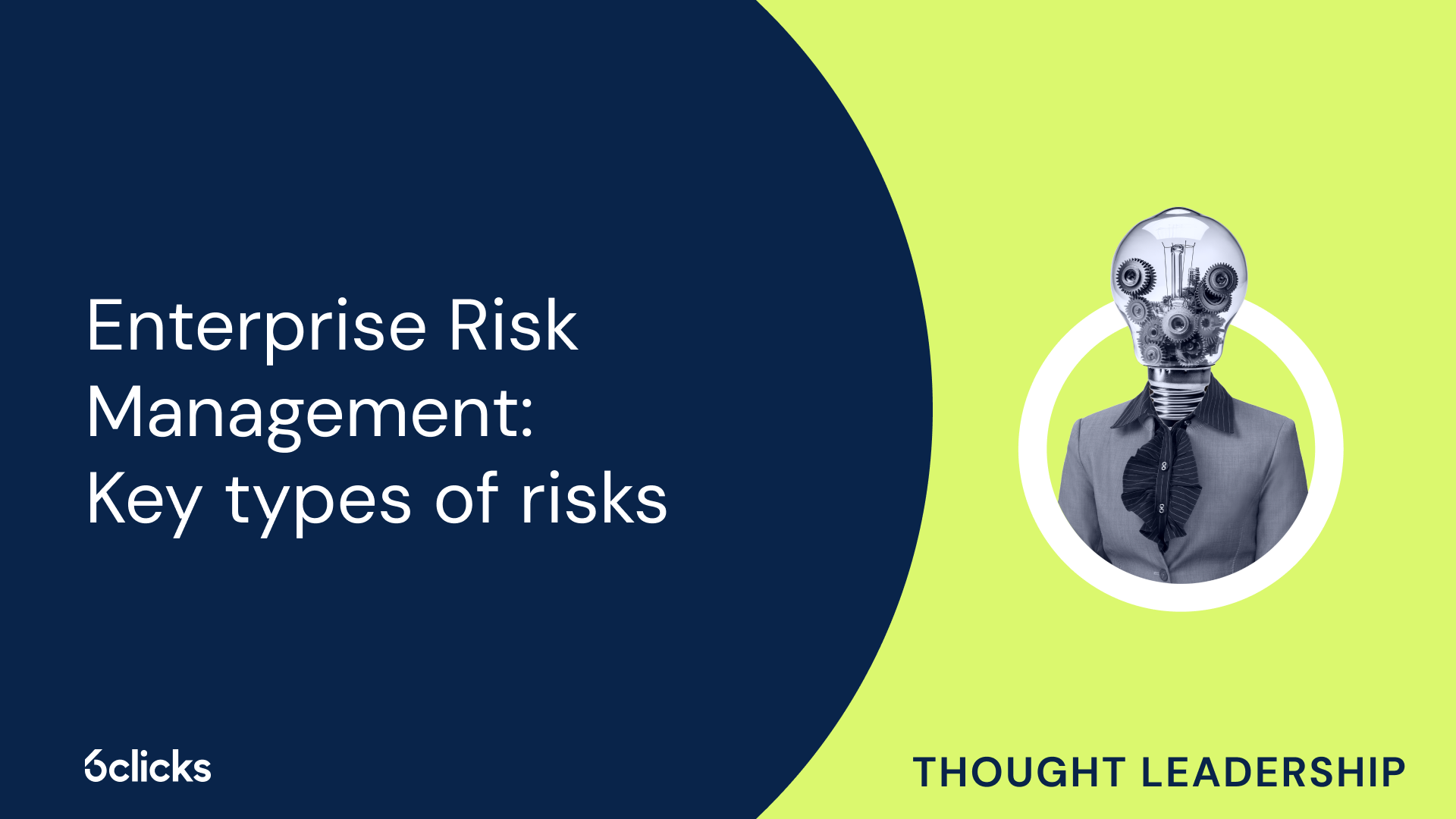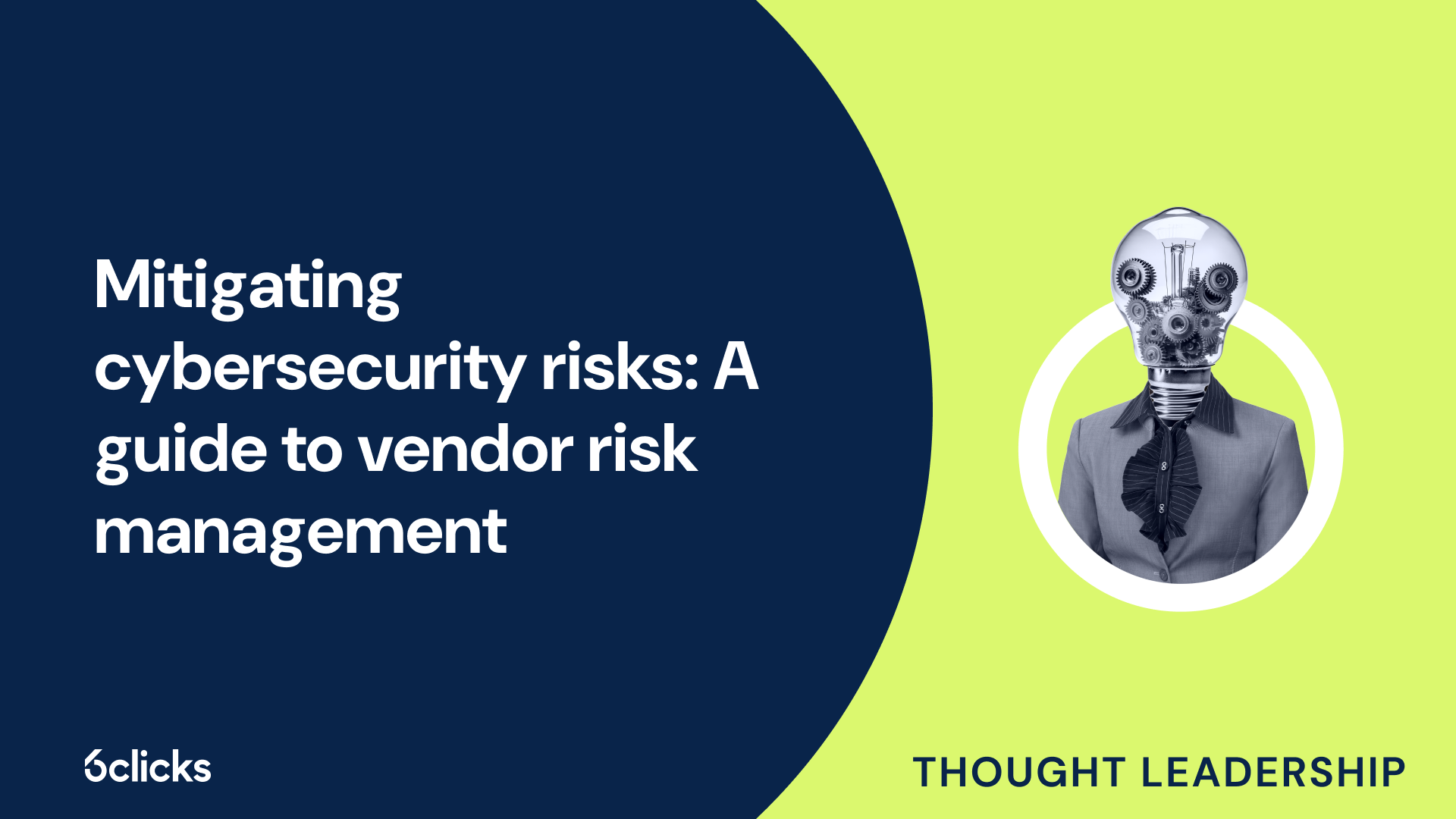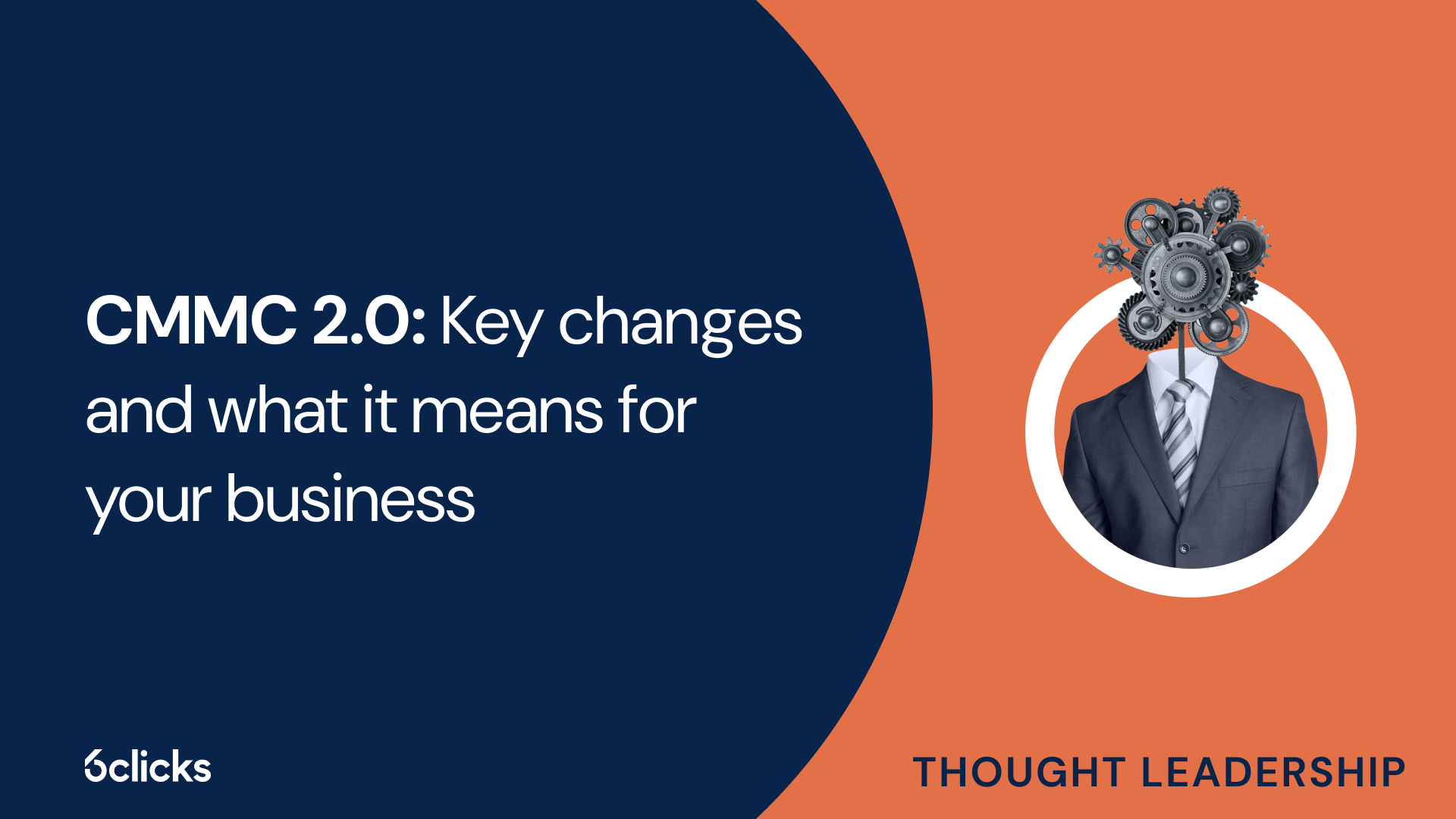What is compliance job description?
-1.png?width=314&height=391&name=Group%20193%20(1)-1.png)
What is compliance job description?
What is compliance?
Compliance refers to the adherence to legal and regulatory requirements, as well as company policies and internal controls, within an organization. It is the responsibility of compliance professionals, such as compliance managers or officers, to ensure that businesses operate within the boundaries of the law and industry regulations. These professionals develop and implement compliance programs, conduct compliance audits, and provide training to employees on compliance regulations. They also identify and mitigate compliance risks and violations, while maintaining a culture of compliance within the organization. Strong communication, analytical, and organizational skills are essential in this role, as compliance professionals must effectively communicate compliance requirements to employees and management, analyze business activities for potential compliance issues, and ensure that the organization is in full compliance with legal and ethical standards. Career paths in compliance can vary, with some professionals having a background in law or risk management, while others may have experience in internal audit or business administration. Compliance jobs can be found in various industries, including financial services, and may range from entry-level positions to the senior level, such as chief compliance officer.
Elements of a compliance job
A compliance job involves ensuring that businesses operate in accordance with legal requirements and company policies. Compliance officers play a vital role in maintaining compliance with laws and regulations. They are responsible for developing and implementing compliance programs, conducting compliance audits, and identifying and addressing compliance violations.
Compliance jobs can be found across various industries, particularly in regulated sectors such as financial services, healthcare, and manufacturing. These industries have strict regulatory compliance requirements due to the nature of their business activities and the need to protect consumers and maintain public trust.
Within the field of compliance, there are different specialist areas, including risk management, internal audit, and legal compliance. Compliance officers may also specialize in specific areas such as data privacy, anti-money laundering, or environmental compliance. In larger organizations, there may be compliance departments with teams dedicated to specific areas or business functions.
Key skills required for a compliance job include excellent analytical and communication skills, as well as strong organizational abilities. Compliance professionals need to have a thorough understanding of laws and regulations relevant to their industry and be able to effectively communicate compliance requirements to employees at all levels. They also play a crucial role in developing a culture of compliance within organizations by promoting ethical standards and ensuring adherence to professional and legal standards.
Legal requirements for compliance jobs
Legal requirements form the foundation of compliance jobs, ensuring that businesses operate within the boundaries of the law. Compliance professionals are responsible for understanding and implementing these legal requirements to ensure that organizations are in full compliance with applicable laws and regulations. This includes familiarizing themselves with industry-specific regulations and staying up-to-date with any changes or updates in these legal requirements. Compliance officers must work closely with legal counsel and executive leadership to develop and maintain a comprehensive legal compliance program that addresses the specific needs and risks of the organization. By proactively identifying and addressing any compliance issues, compliance professionals play a critical role in mitigating legal risk and fostering a culture of compliance within the organization. Their expertise in legal requirements ensures that businesses are able to navigate the complex landscape of regulations and operate with integrity and transparency.
Regulatory bodies and laws
Compliance jobs are responsible for ensuring that businesses adhere to legal requirements and company policies. These professionals play a crucial role in maintaining ethical standards and preventing legal violations within organizations.
In regulated industries such as financial services, insurance, and healthcare/pharmaceutical, compliance professionals need to be well-versed in the laws and regulations set forth by various regulatory bodies. These bodies include the Securities and Exchange Commission (SEC), the Federal Reserve, the Financial Industry Regulatory Authority (FINRA), and the Consumer Financial Protection Bureau (CFPB), among others.
Within compliance jobs, there are also specialist areas that focus on specific aspects of regulatory compliance. These areas include assurance, which involves assessing and testing internal controls, and financial crime, which focuses on preventing and detecting fraudulent activities. Additionally, compliance professionals may specialize in product advisory, providing guidance on compliance with laws related to specific products or services.
To excel in compliance roles, professionals need to have a deep understanding of the regulatory agencies and laws that govern their industry. This includes being familiar with legislation such as the Dodd-Frank Act, the Health Insurance Portability and Accountability Act (HIPAA), and the Financial Conduct Authority (FCA) regulations. Compliance professionals must stay up-to-date with evolving regulations to ensure businesses meet regulatory requirements and mitigate compliance risks.
Common legal requirements for compliance professionals
Common legal requirements for compliance professionals vary depending on the industry they work in. However, there are some qualifications and skills that are generally necessary for this role across regulated industries such as financial services, insurance, banking, technology, and healthcare/pharmaceutical.
First and foremost, compliance professionals should have a strong understanding of the laws and regulations that govern their specific industry. This includes knowledge of legislation such as the Dodd-Frank Act, HIPAA, and FCA regulations. They should also stay up-to-date with any changes or updates to these regulations.
In terms of qualifications, a law degree or experience in risk management, internal audit, or business administration can be beneficial for compliance professionals. It is also important to have excellent communication and organizational skills, as compliance professionals often need to communicate with various stakeholders and manage multiple projects simultaneously.
Attention to detail and analytical skills are crucial for identifying and mitigating compliance risks. Compliance professionals must also have a strong ethical compass to ensure that businesses maintain high ethical standards and follow all legal requirements.
Company policies and procedures
Company policies and procedures are essential in ensuring that businesses operate ethically and in compliance with legal requirements. These policies outline the rules and guidelines that employees must follow in their day-to-day activities. They cover a wide range of areas, including code of conduct, workplace safety, data protection, and financial regulations. Compliance professionals play a crucial role in developing and implementing these policies, ensuring that they align with industry standards and regulatory requirements. They also provide training and support to employees to ensure their understanding and adherence to the policies. By establishing and enforcing company policies and procedures, organizations can create a culture of compliance and mitigate the risk of potential violations or legal consequences.
Understanding corporate policies and procedures
Understanding corporate policies and procedures is a key aspect of compliance jobs. Compliance professionals play a crucial role in ensuring that companies adhere to legal requirements and industry regulations, helping to protect both the company and its stakeholders.
Responsibilities in compliance jobs include reviewing and implementing corporate policies and procedures, conducting compliance audits, and developing and implementing compliance programs. Compliance professionals analyze the business activities and operations of a company to identify and address any compliance violations. They also provide training on regulations and policies and act as a resource for employees in understanding and complying with legal requirements.
Compliance jobs are not industry-specific and can be found in a wide range of sectors, including finance, healthcare, technology, and manufacturing. Different types of compliance work are available, including compliance management, risk management, internal audit, and regulatory compliance.
Making sure corporation adheres to policies and procedures
In today's business landscape, ensuring that a corporation adheres to its policies and procedures is of utmost importance. This is where compliance officers play a crucial role in managing risk and reducing financial crime. By overseeing the implementation of policies and procedures, compliance officers act as guardians of legal and ethical standards within an organization.
Compliance officers are responsible for conducting regular audits to identify any potential violations or non-compliance. These audits not only help in identifying and rectifying any gaps in the company's internal controls but also serve as a preventive measure against financial crime. Through these audits, compliance officers can uncover areas of risk and implement measures to mitigate them, protecting the corporation from legal and financial consequences.
Moreover, compliance officers act as a communication channel, ensuring that employees are updated and informed about key regulatory changes that may impact their work. This includes disseminating information about new compliance requirements, policies, or industry regulations. By proactively keeping employees informed, compliance officers help create a culture of compliance within the organization.
By diligently overseeing the implementation of policies, conducting regular audits, and effectively communicating regulatory changes, compliance officers play a crucial role in ensuring that the corporation adheres to its policies and procedures. This not only helps manage risk but also reduces the likelihood of financial crime, protecting the corporation's reputation and financial well-being.
Communication skills for compliance jobs
Effective communication skills are essential for professionals in compliance roles. Compliance officers must be able to clearly and concisely convey information about legal requirements, company policies, and regulatory compliance to various stakeholders within the organization. This includes communicating updates and changes in compliance regulations, disseminating information about compliance training programs, and addressing any compliance issues or violations that may arise. Compliance officers must also have strong interpersonal skills to build relationships and collaborate with individuals at all levels of the organization, from front-line employees to executive leadership and legal counsel. Excellent communication skills are necessary for compliance officers to educate and train employees on compliance requirements, as well as to respond to inquiries and provide guidance on best practices for ensuring compliance. Overall, the ability to effectively communicate complex information in a clear and understandable manner is a crucial skill for compliance professionals to ensure that all employees understand and adhere to the organization's compliance program and ethical standards.
Writing reports & correspondence with clarity
In compliance jobs, writing clear and concise reports and correspondence is of utmost importance. These roles require the ability to effectively communicate complex concepts in a simple and understandable manner.
Clear communication is crucial in compliance to ensure that legal requirements, company policies, and compliance with laws are effectively communicated to employees and stakeholders. Compliance professionals often need to convey complicated regulatory information and guidelines to individuals across various departments and levels within an organization.
Additionally, compliance jobs demand detailed and accurate documentation. This documentation serves as evidence of compliance with regulations and provides a comprehensive record of business activities and compliance efforts. The information must be presented clearly and organized logically to facilitate understanding and review by auditors, regulators, and internal stakeholders.
To achieve effective communication, compliance professionals should employ strategies such as using plain language, avoiding jargon, and providing clear instructions. By using simple and concise language, compliance reports and correspondence can be easily understood by a diverse audience.
Ultimately, writing reports and correspondence with clarity enables compliance professionals to effectively communicate regulatory requirements and ensure the success of compliance programs within organizations. It plays a vital role in facilitating understanding, promoting compliance, and maintaining a culture of integrity and ethical standards.
Interacting with stakeholders & regulatory agencies
In compliance jobs, interacting with stakeholders and regulatory agencies is a vital aspect of ensuring adherence to legal requirements and regulatory standards. Compliance professionals play a crucial role in establishing and maintaining relationships with stakeholders, including employees, customers, shareholders, and suppliers.
Building and maintaining these relationships is important because it fosters trust and cooperation, creating a culture of compliance within the organization. Compliance efforts are strengthened when stakeholders feel valued and involved in the compliance process. Open lines of communication allow for the exchange of information and feedback, which can lead to better understanding and implementation of compliance measures.
Compliance professionals also interact with various regulatory agencies, such as the Securities and Exchange Commission (SEC), the Consumer Financial Protection Bureau (CFPB), and the Occupational Safety and Health Administration (OSHA), among others. These agencies have specific requirements and expectations that compliance professionals must navigate. This includes providing timely and accurate reports, responding to inquiries and requests for documentation, and participating in audits and inspections.
By effectively interacting with stakeholders and regulatory agencies, compliance professionals can ensure that compliance efforts are well-supported and aligned with both internal and external expectations. Strong relationships and open communication channels contribute to the success of compliance programs and help organizations maintain legal and ethical standards.
Presenting information effectively & clearly
Presenting information effectively and clearly is crucial in compliance jobs as it plays a vital role in enhancing communication with stakeholders and regulatory agencies. Clear and concise communication ensures that all parties involved have a thorough understanding of compliance requirements and expectations.
To present information effectively, compliance professionals should use concise language to convey complex concepts in a simplified manner. This helps to prevent misunderstandings and ensures that stakeholders and regulatory agencies can easily grasp the information presented. Visual aids, such as graphs, charts, and diagrams, can also be used to present complex data and information in a more understandable and visually appealing way.
In addition to using concise language and visual aids, organizing the information in a logical and clear manner is essential. Compliance professionals should structure their presentations in a way that flows naturally and is easy to follow. This could include using headings and subheadings to break down the content, using bulleted lists to highlight key points, and ensuring that the information is presented in a logical sequence.
Key skills and techniques that compliance professionals should possess to effectively present information include excellent communication skills, the ability to simplify complex information, and the capability to adapt the presentation style to the needs and preferences of different stakeholders and regulatory agencies.
Training employees on policies & procedures
Training employees on policies and procedures is crucial in compliance jobs as it ensures that all employees understand and follow the necessary legal requirements and company policies. Compliance professionals play a vital role in developing and implementing training programs to educate employees on the rules and regulations that govern their specific industry.
By providing comprehensive training, employees gain a clear understanding of their obligations and responsibilities. This helps in preventing compliance violations and potential legal issues that may arise from non-compliance. Compliance training equips employees with the knowledge and tools they need to make informed decisions and take appropriate actions in their day-to-day work.
Effective methods for conducting compliance training sessions include interactive workshops, online modules, and regular communication channels. Workshops give employees the opportunity to engage in practical exercises and discuss real-life scenarios. Online modules provide flexibility and convenience for self-paced learning. Regular communication channels, such as newsletters and intranet updates, keep employees informed about policy changes and reinforce key compliance messages.
To ensure successful compliance training, it is vital to tailor the content to the specific needs and roles of employees. Using relatable examples and case studies helps employees relate the training to their own work environment. Continuous evaluation and feedback mechanisms help to identify gaps in knowledge and adjust training methods accordingly.
Internal controls for compliance jobs
Internal controls are a crucial aspect of compliance jobs. These controls are designed to ensure that a company's operations are conducted in compliance with laws, regulations, and company policies. They help to minimize the risk of non-compliance and identify any potential violations before they occur. Internal controls create a framework for ethical and responsible business practices, providing guidelines and procedures that employees must follow. They encompass various areas, including financial reporting, data security, and employee training. Compliance professionals play a vital role in establishing and monitoring internal controls, conducting regular audits to assess their effectiveness and make necessary improvements. By implementing robust internal controls, organizations can foster a culture of compliance and reduce the likelihood of compliance violations and legal issues.
Developing internal auditing processes
Developing internal auditing processes is a crucial aspect of compliance jobs. These processes ensure that organizations adhere to legal requirements, company policies, and compliance with laws. Key steps involved in developing internal auditing processes include conducting internal reviews and audits, evaluating compliance systems, and reporting on compliance.
Conducting internal reviews and audits is the first step in assessing an organization's compliance with various regulations and policies. This involves examining records, procedures, and practices to identify any potential compliance violations or gaps. Compliance professionals must have strong analytical skills to effectively review and assess these internal controls.
Evaluating compliance systems is the next step in developing internal auditing processes. Compliance managers must assess the effectiveness of existing compliance programs and identify areas for improvement. They must ensure that the compliance program aligns with the organization's business objectives and allows for efficient monitoring of compliance risks.
Reporting on compliance is essential for maintaining transparency and accountability within an organization. Compliance professionals must regularly communicate their findings to executive leadership, legal counsel, and the compliance team. These reports help identify any compliance issues and provide recommendations for remediation.







